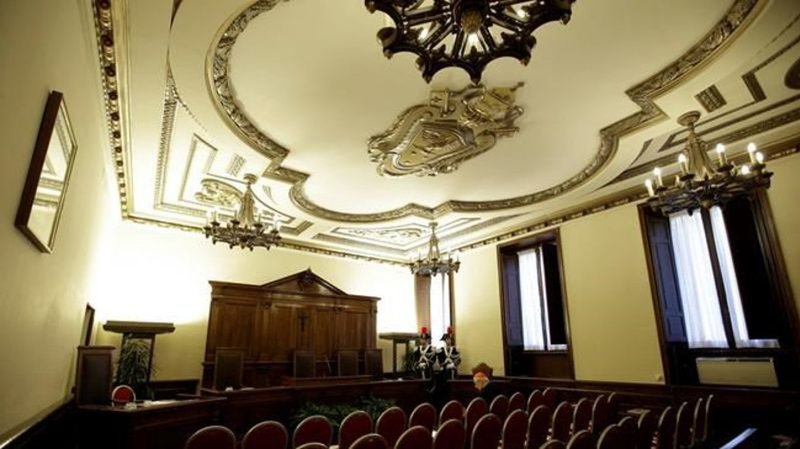
Italy court weighs extradition to Vatican in fair trial case
ROME — A Milan court on Monday begins weighing whether to extradite an Italian woman to the Vatican to face embezzlement-related charges in a case that could test whether Italy considers the Vatican a state where someone can get a fair trial.
Already two Italian courts have ruled against Vatican prosecutors in their wide-ranging corruption investigation, which has highlighted the incompatibility of the Vatican justice system with European norms.
In the case before the Milan appeals court, lawyers for Cecilia Marogna, a self-described intelligence analyst, are expected to argue that she shouldn’t be extradited to the Vatican because there’s no extradition treaty between the two states. Another possible argument is that without such a treaty, Italian law bars sending citizens to a country where their “fundamental right” to a fair trial isn’t guaranteed.
Defence lawyers who have worked in the Vatican’s criminal justice system say its procedures are outdated, don’t provide adequate rights for the accused and are subject to arbitrary interference by the pope, who as absolute monarch exercises exclusive legislative, executive and judicial power.


